UN chief Antonio Guterres on ‘solidarity’ visit to Iraq first time in six years
UN Secretary-General Antonio Guterres has expressed support for the Iraqi people, the new government in Baghdad and its ambitious reform agenda during his first visit to the Arab country in six years.
Guterres, who landed in Baghdad late on Tuesday, held talks with Foreign Minister Fouad Hussain, before meeting Prime Minister Mohammad Shia al-Sudani, President Abdul Latif Rashid and Parliament Speaker Mohammad Al Halbusi, the foreign ministry said.
The UN chief said he wanted to demonstrate “solidarity with the people and the democratic institutions of Iraq and a solidarity that means that the United Nations is totally committed to supporting the consolidation of the institutions in this country.”
He said he sought to express his "confidence that Iraqis will be able to overcome the difficulties and challenges they still face through an open and inclusive dialogue."
Iraq had been grappling with a political crisis in the absence of a functional government since October 2021 when the country held its last legislative elections. The deadlock ended after Sudani was sworn in on October 27, 2022.
The UN chief’s visit comes as Iraq prepares to mark the 20th anniversary of the toppling of the regime of former dictator Saddam Hussein. Saddam’s downfall came about with the US invasion of Iraq in 2003.
In March of that year, then-US President George W. Bush ordered the invasion of Iraq under the pretext that Saddam possessed weapons of mass destruction (WMD). In October 2004, however, a US Central Intelligence Agency report revealed he did not have any active WMD program at the time of the invasion.
When the former Iraqi dictator used chemical weapons to kill thousands of Iranians during the imposed war from 1980 to 1988, not only did the US and its Western and regional allies look the other way but they also aided the then dictatorial regime in committing war crimes.
Iraq did not have the possibility of producing the bombs from scratch. But it had several accomplices. Countries providing Iraq with the ingredients for chemical bombs knew Iraq was at war.
The United States and several other European countries, including Germany and the Netherlands, played an irrefutable role as they supplied Saddam's regime with chemical weapons.
The US, Britain, Germany, Italy, and the Netherlands were among the countries providing Saddam Hussein’s Ba’athist Iraq with the equipment and material to build chemical weapons.
Iraq made the most of its acquisitions by launching over 350 large-scale gas attacks along the Iran-Iraq border between 1980 and 1988 on soldiers and civilians alike.
Guterres on Thursday said he will visit a camp for the displaced people in the north of the country before heading to Kurdistan's regional capital Arbil for talks with Kurdish officials.
Tens of thousands of displaced people in Iraq still remain homeless after the Daesh Takfiri terrorists launched a brutal campaign across Iraq in 2014.
Iraq declared victory over Daesh in December 2017 after a three-year counter-terrorism military campaign, which also had the support of Iran.
The remnants of Daesh keep staging sporadic attacks across Iraq, attempting to regroup and unleash fresh violence.
The UN chief’s last visit to Iraq was in the spring of 2017. He will then travel on to the Persian Gulf country of Qatar, where he will attend the summit of the Least Developed Countries.
Chinese, South African naval commanders visit Iranian task group in Cape Town
Iran condemns G7 hypocrisy on human rights following interventionist statement
VIDEO | US, Israel role in terror attacks in Iran
VIDEO | Death behind bars: Gaza’s prisoners. silence surrounding them
60,000 weapons bound for Tehran seized as Mossad-trained terror cell busted
VIDEO | 13th day of war
Israeli strikes kill two in Lebanon as UNIFIL warns against ceasefire violations
Trump threatens to slap tariffs on countries opposed to US Greenland takeover


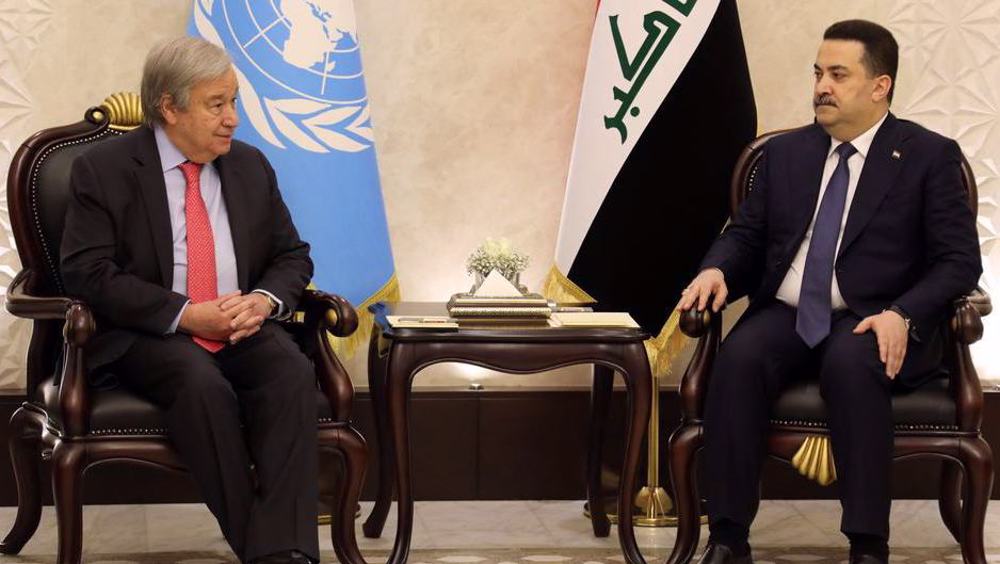
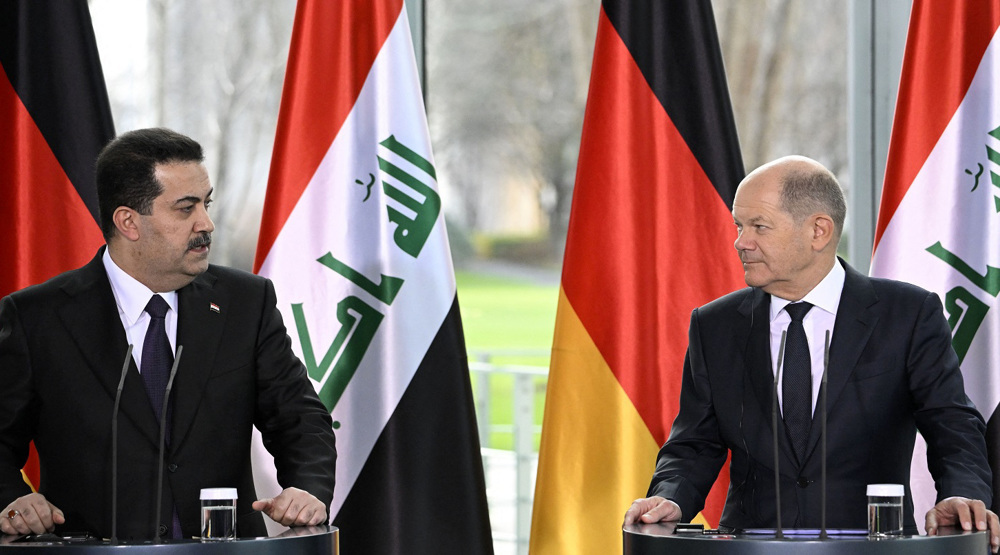
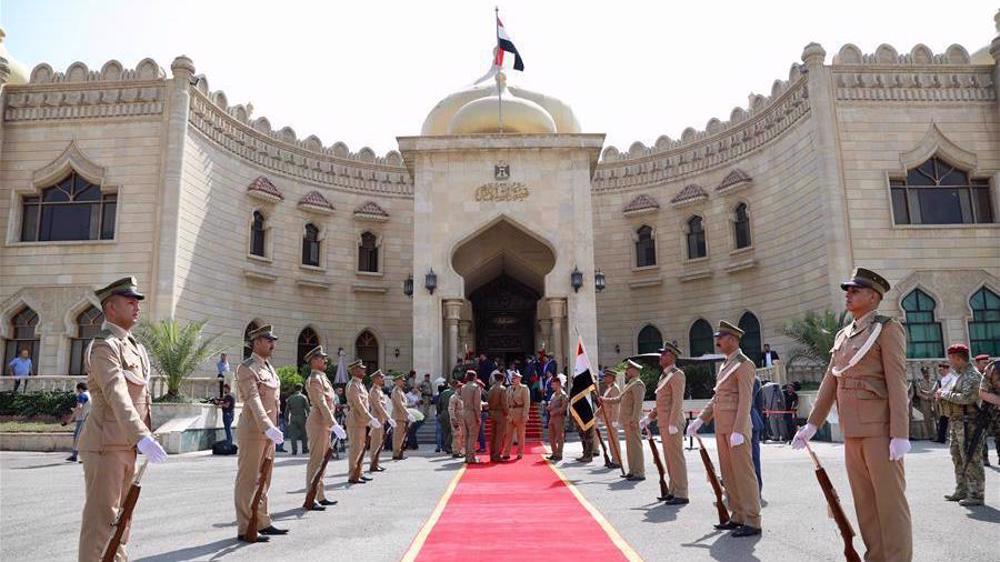

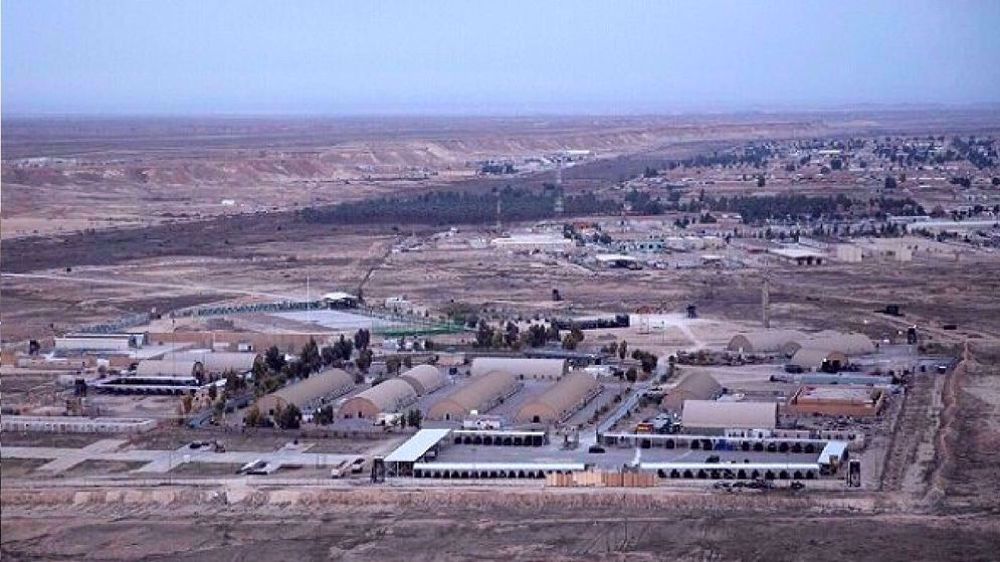



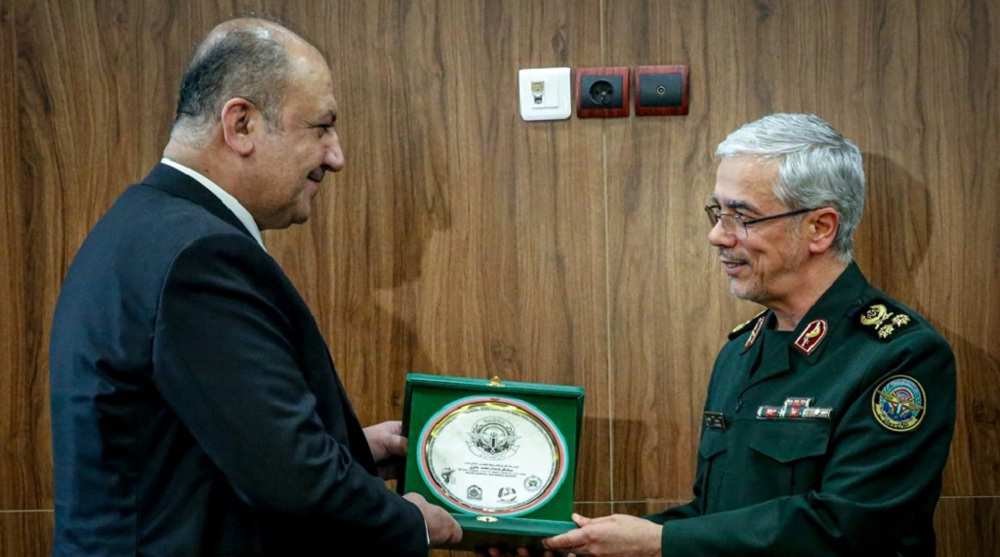
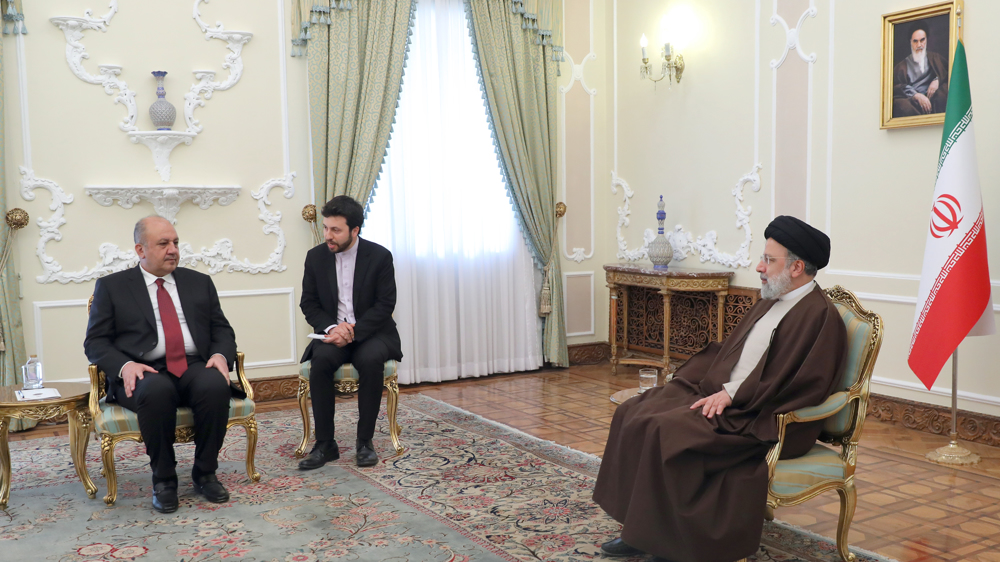
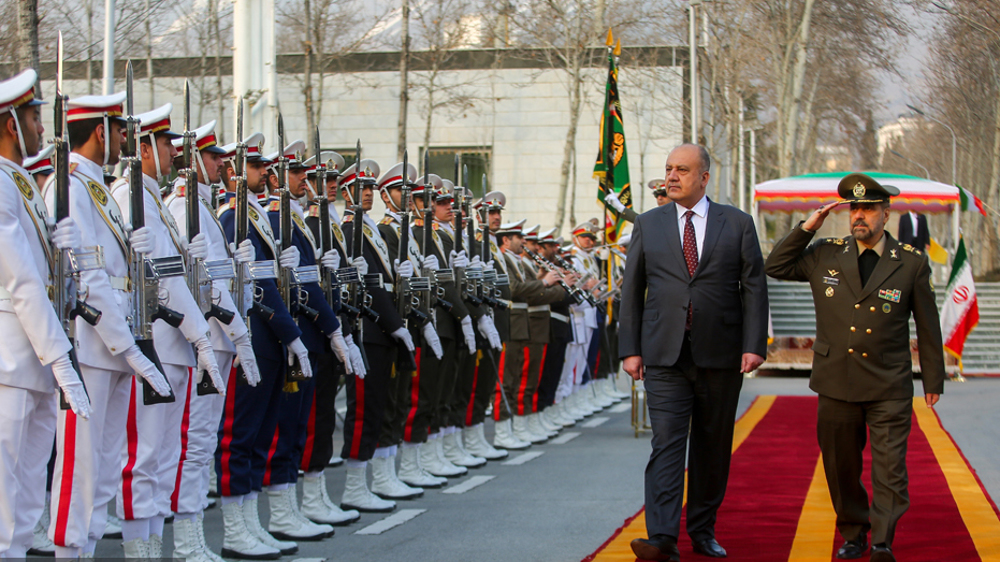
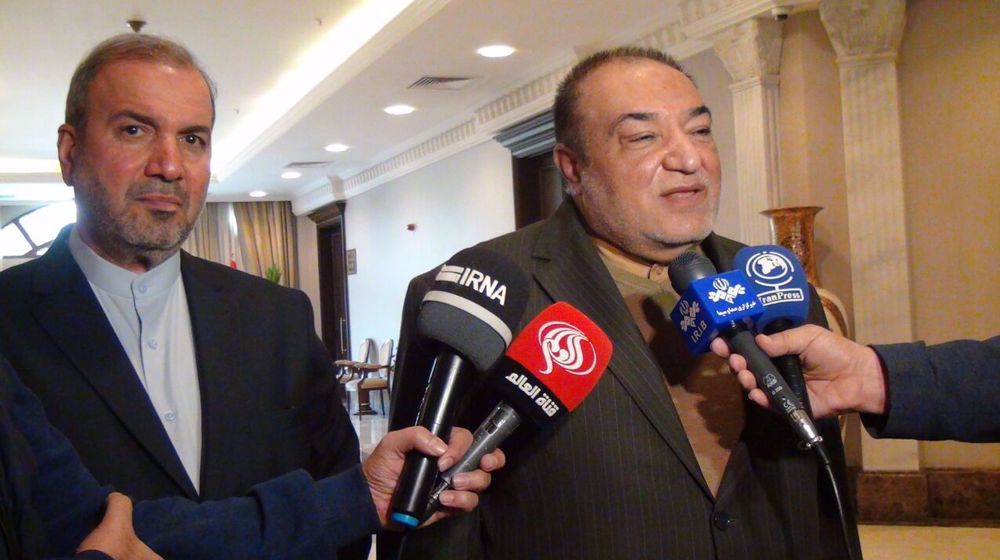
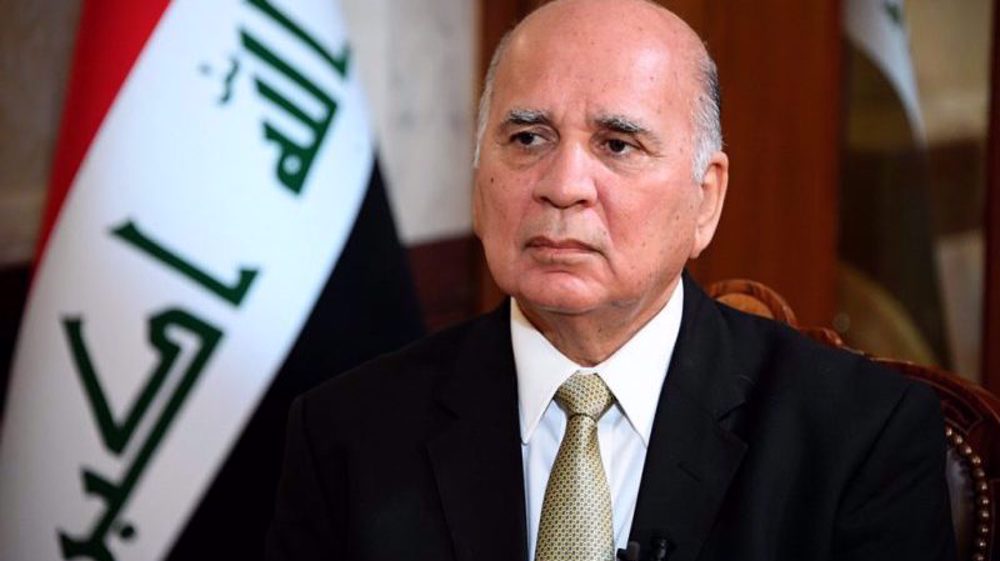
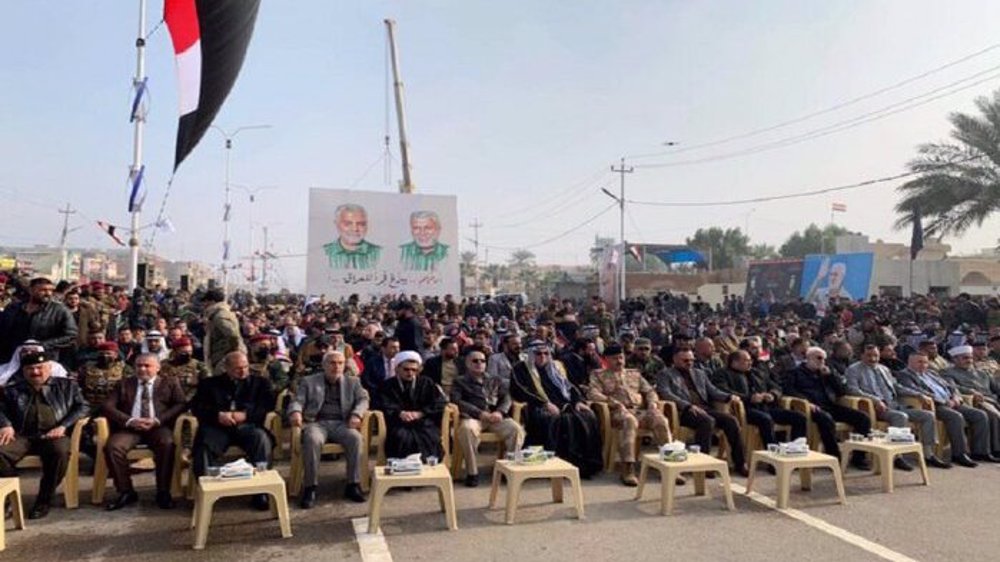
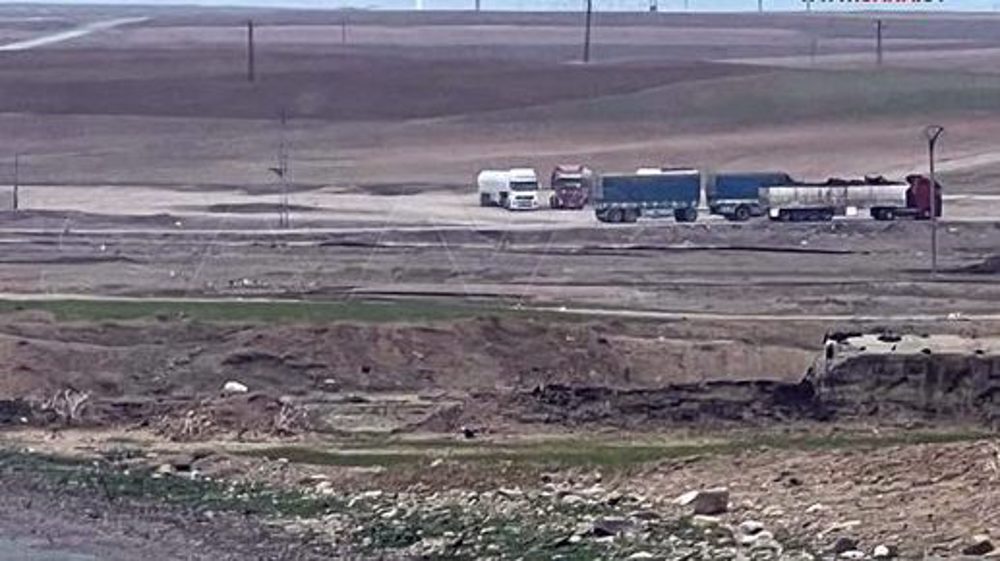
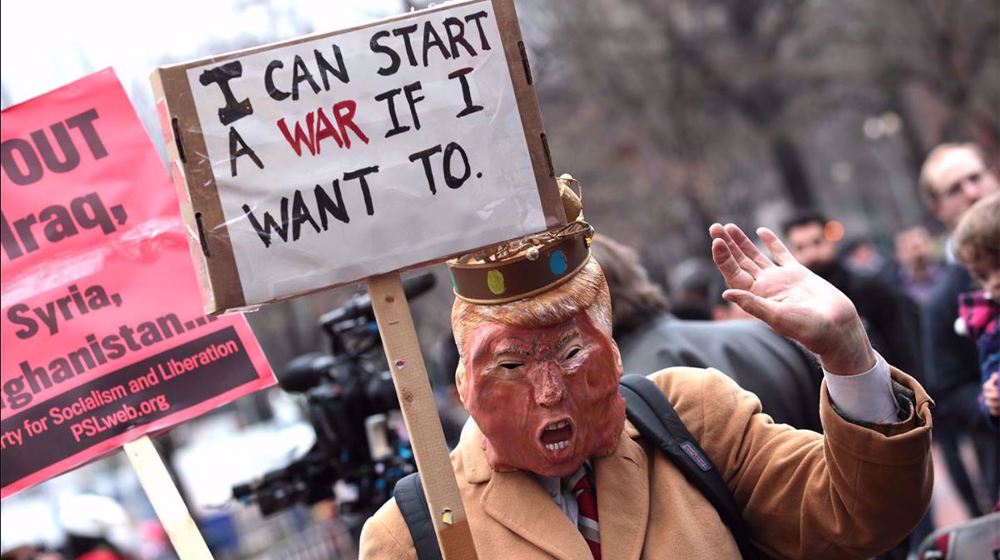
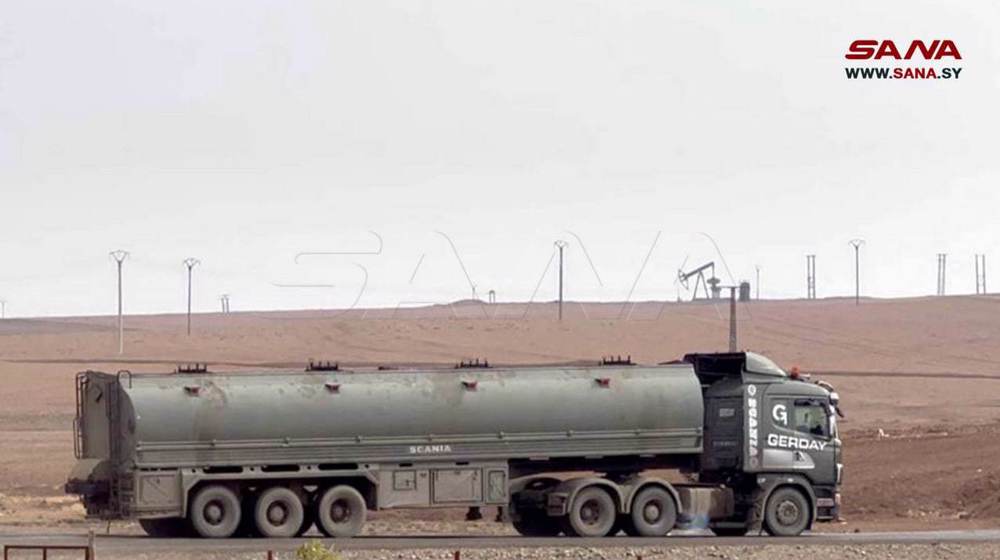
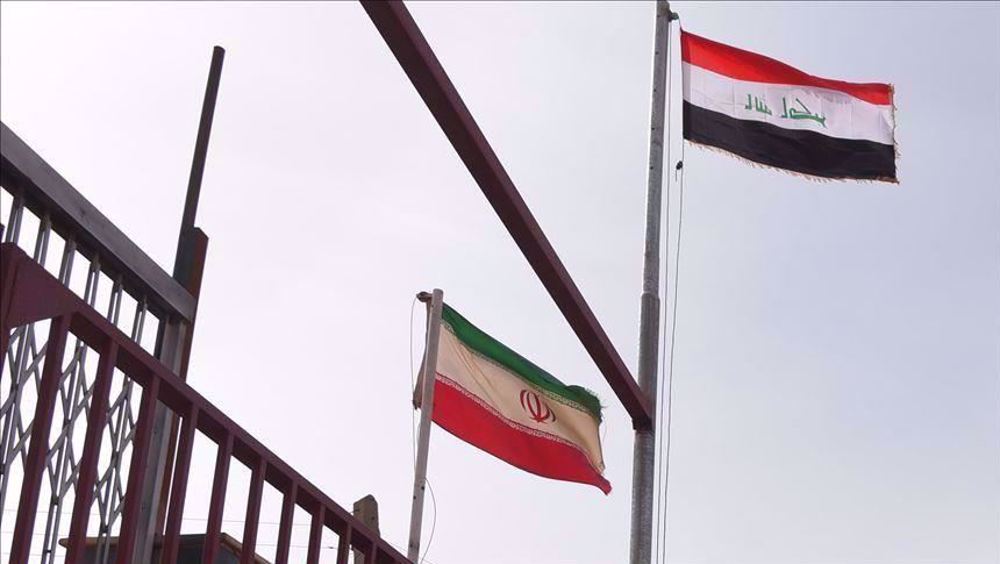

 This makes it easy to access the Press TV website
This makes it easy to access the Press TV website